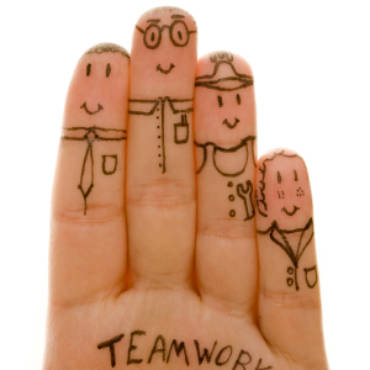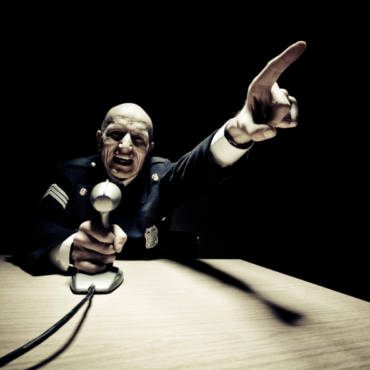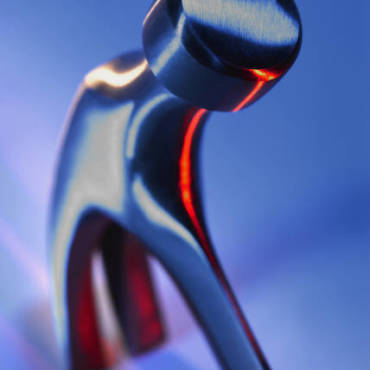High Performance Culture – Do you have what it takes?
Lots of sporting teams and professional sporting Clubs talk up having or wanting a “High Performance Culture”.
Do you have what it takes to create and sustain a High Performance Culture?
Think you’ve already got one??
Why? Because you’ve got a new gym and lots of expensive equipment? Because you’ve got some really talented players? Because you’ve just recruited a world class coach?
Think again………………..
Ten Tips for Keeping your Relationship Healthy when you work in High Performance Sport
The term “Sporting Widow” (or widower) is almost a cliche in high performance sport as many, many relationships have fallen apart in the industry due to the demands and pressures of travel, preparation, competition, training camps etc etc.
This article is for all my coaching, sports science, sports medicine and sports management colleagues (and their long suffering partners and families) written after many years chatting over beers and lamenting the challenges of working on the road, away from loved ones trying to balance success in high performance sport with a successful relationship.
Values Based Sport: How to Create an effective Values Based Sporting Environment.
Everyone talks about values based coaching.
Lots of people believe in values based management.
Even more promote the benefits of players and athletes coming up with a list of values on which to build a successful team preparation and performance environment.
And yet…in spite of all the talk about values and the millions of dollars being spent in professional sports around the world on developing values, mission statements and team trademarks, we still have sporting teams being destroyed by unprofessional preparation, poor alcohol and social drugs management, sexual harassment, violence, crime and misconduct.
So what is Values Based Sport how do you create an effective Values Based Sporting Environment?
Don’t Count the Repeats:Make the Repeats Count.
I know, I know, I know.
This sounds like an advertisement for a new sporting product or new piece of sporting training equipment…the sporting equivalent of the “knife that cuts through a shoe” or the “miracle mop” that does everything around the house including walking the dog, cooking dinner and putting the kids to bed.
But no….this is serious. You can achieve More with Less…this is how to do Less but get a Better result.
Motivation….aint no such thing
By Wayne Goldsmith
Coaches are always talking about motivation and some make lots of money doing motivation talks, motivation lectures, giving motivational speeches, writing motivational books, selling motivational videos, running motivational courses and generally being motivational!
Here’s the funny thing: motivation – there’s no such thing.
101 Coaching Tips
It takes 20 years to become an overnight success. Successful coaches have by a combination of experience, skill, education and practice, developed ways and means of getting the best out themselves and their athletes.
Here are 101 Coaching Tips to help you achieve your coaching goals.
- Plan.
- Develop communication skills and never stop trying to improve them.
- Learn to effectively utilise the Internet, social media and email.
- Never stop learning. Learning is for life.
- Be open-minded. Never say, never.
- What you may lack in knowledge, make up for with enthusiasm, desire and passion.
- Be a role model for your athletes.
Message to the Sporting World – Do it your own way!
After the CLOSING ceremony of every Olympic Games, someone should yell out, “let the (real) Games begin”.
The real “GAMES”…………the junkets and fact finding missions the Sporting leaders from most countries embark on to find out what the USA, Germany, Great Britain, South Korea, China and Australia are doing to be successful in the Olympics.
The logic seems simple enough.
“Our country didn’t win any medals at the Olympics” says the Minister for Sport.
“Country XYZ won lots of medals at the Olympics”, says the CEO of the Sports Commission.
“Therefore if we want medals and we copy them we will win medals”, thinks everyone in the room.
“Hooray!!!! Problem solved – let’s buy some air tickets”.
How to Develop World Class Coaches
OK. Let’s talk about how to develop world class coaches.
Grab a piece of paper. On one side of the paper, write down the characteristics of a great coach.
Does your list include any or all of the following:
- Outstanding communicator
- Visionary
- Leader
- Innovator
- Negotiator
- Conflict resolver
- Media manager
- Public relations genius
- Team developer
- People manager
- Technical / tactical / strategic skills of the highest order
- Philosopher
- Politician
- Futurist
OK – now turn the page over and write down a list of all the coach education programs which cover the above?
Is this side of the paper blank? Yes? Then we can begin.
To a Coach with a Hammer, Every Athlete is a Nail: Creativity in Sports Coaching.
Coaching is creativity.
To the successful coaches of the future, creativity will be a core coaching skill: right up there with communication, passion, empathy, commitment, the ability to engage athletes and sports specific technical skill.
But what does it mean to be creative and to coach creatively. And to coaches who are not naturally creative, can they learn to be?
Or to the coach with a hammer, is every athlete a nail?
Sports Psycho-physiology: The Way Forward in Successful Coaching and Sports Performance.
There is nothing new about integrating the Mind and the Body to realise successful sports performance. However, what is new is integrating Mind and Body in all aspects of sports coaching and athletic performance every day. This article discusses Sports Psycho – Physiology and challenges athletes, coaches, sports scientists and sporting organisations to reassess how they go about applying the integrated Mind-Body concept in their daily athlete training environment.
Top Ten Talent I.D. Tips for High Performance Sport – The T.O.P. Approach
So much of the world’s high performance sports dollars (or Yens or Yuans or Euros or Pounds or Pesos or Rands depending on where you come from), time, energy, focus and attention is spent on three things:
- Talent identification;
- Talent recruitment;
- Talent development.
Or if you like, find them, sign them, refine them.
And most of the world has still got it wrong. There is a better way.







